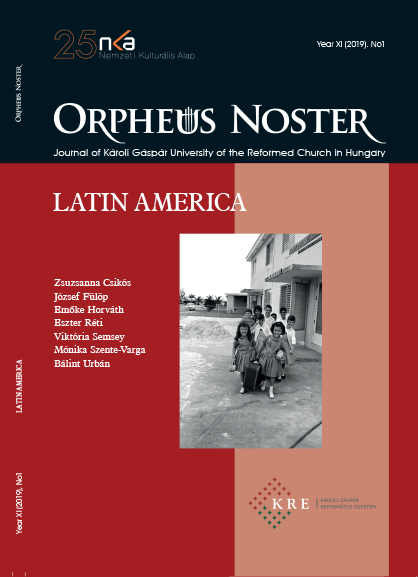Az indianizmustól a kannibalizmusig – a brazil identitás elméleti konstrukcióinak változásai a 19. és a 20. században
From Indianism to Cannibalism – Changes of Brazilian Identity in the 19th and 20th Centuries
Author(s): Bálint UrbánSubject(s): History, Social history, Modern Age, Recent History (1900 till today)
Published by: Károli Gáspár Református Egyetem
Keywords: independence of Brazil; Romanticism; Indianism; Modernismo; Brazilian avant-garde; José de Alencar; Oswald de Andrade; anthropophagy; cannibalism; national identity
Summary/Abstract: This article explores the construction of Brazilian identity and the diverse theoretical frames and stances in which the tropical country tried to define its own culture and socio-cultural reality. Firstly, I analyse the circumstances leading to the emergence of the Indianist movement within the epistemological boundaries of the independence era, and the Romantic period that followed it; then I move on to examine the poetics and politics of the Brazilian Modernismo movement. Oswald de Andrade’s theory on anthropophagy has developed directly from the modernist canon and developed into one of the most powerful narratives of identity construction for the nation. Therefore, I present not only the theoretical principles of anthropophagy but also the very context of modernist culture which gave rise to it.
Journal: Orpheus Noster. A KRE Eszme-, Kultúr-, és Vallástörténeti Folyóirata
- Issue Year: XI/2019
- Issue No: 1
- Page Range: 46-59
- Page Count: 14
- Language: Hungarian

